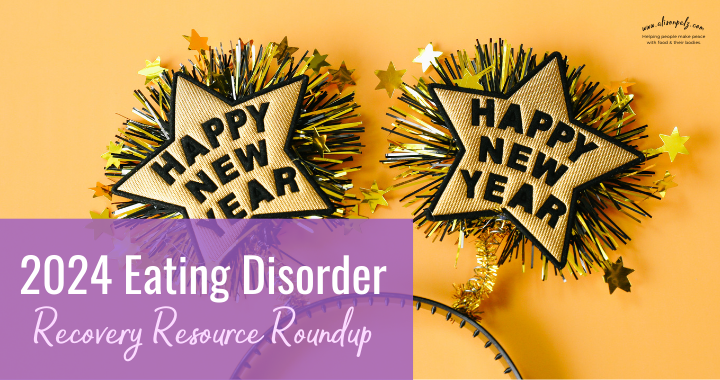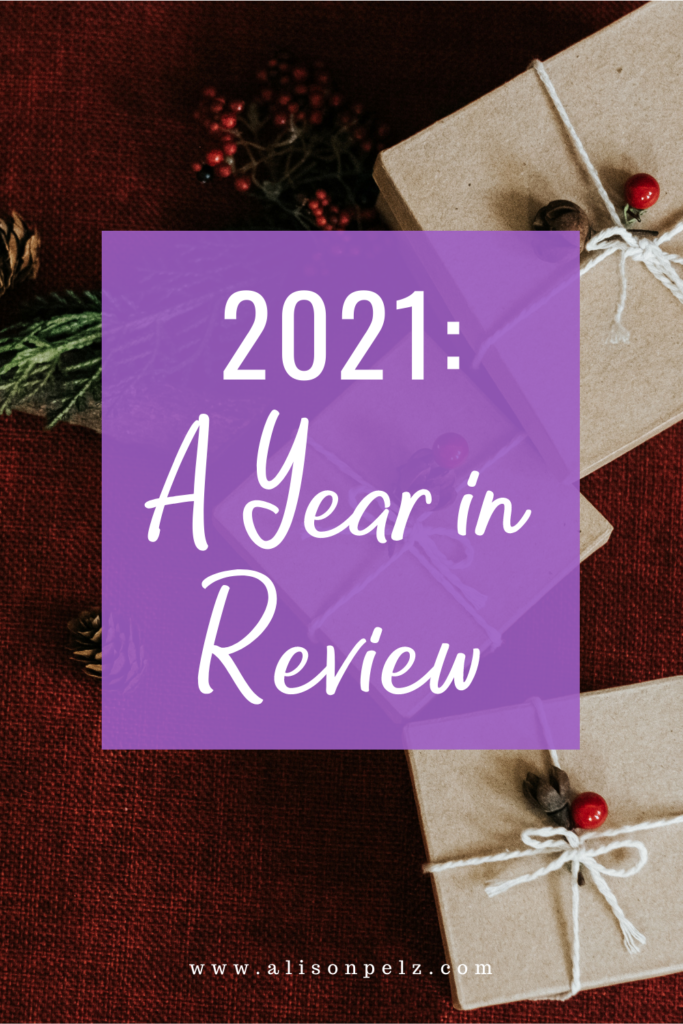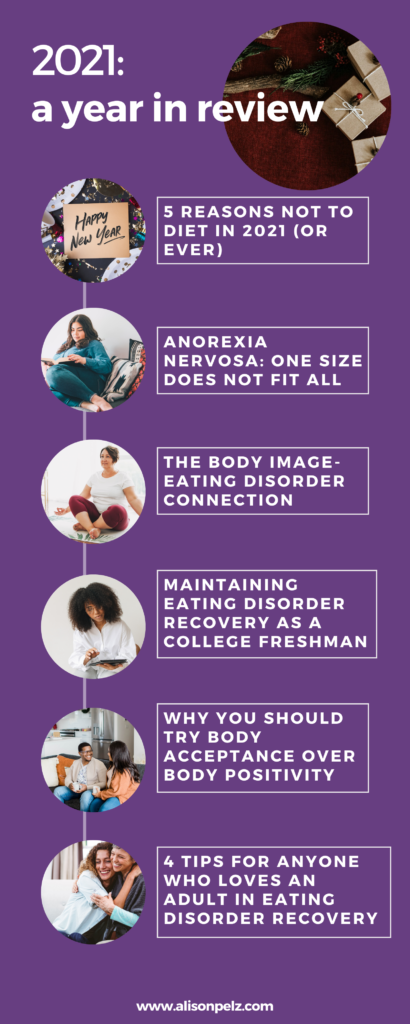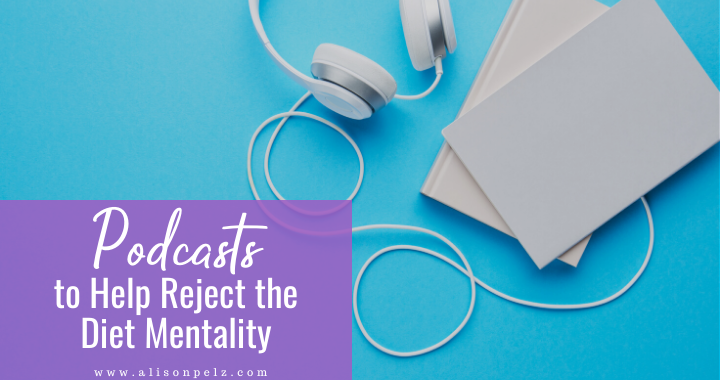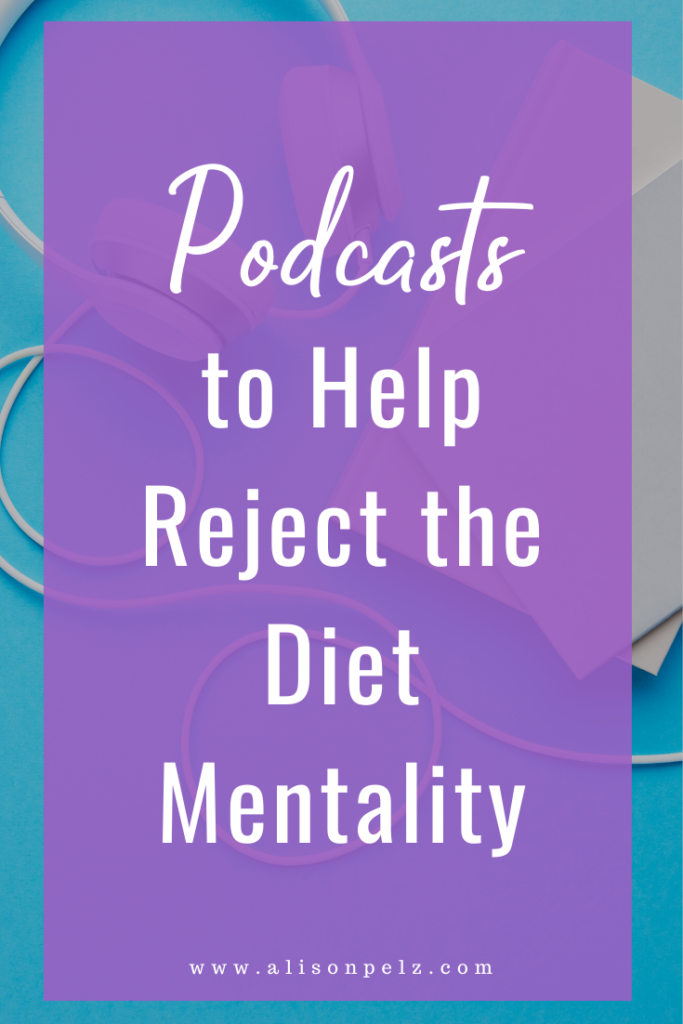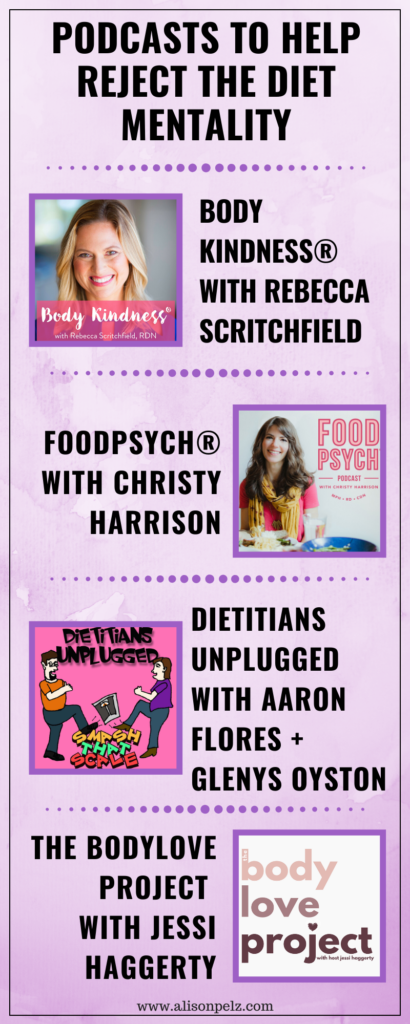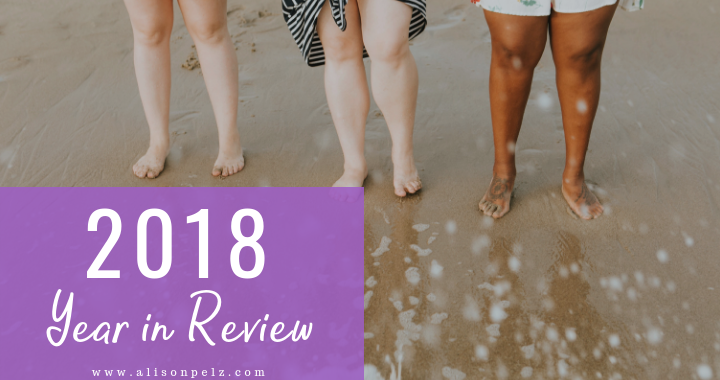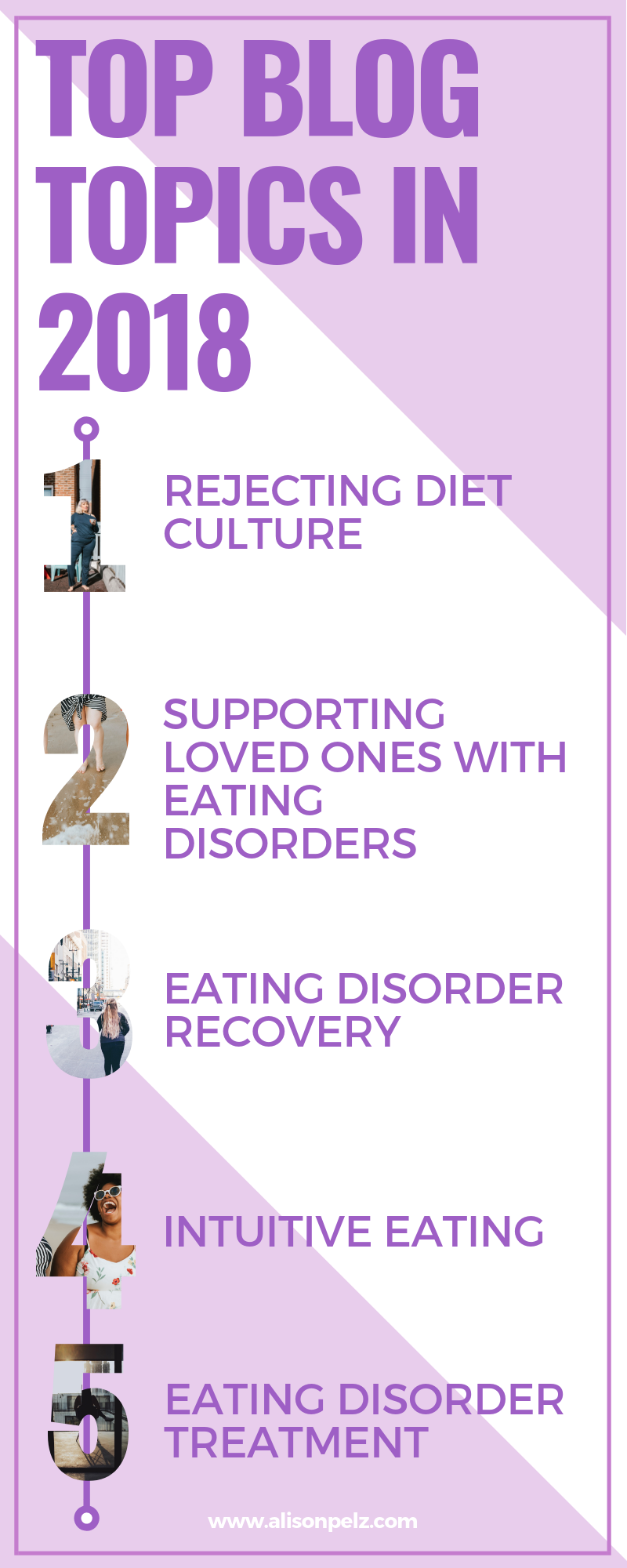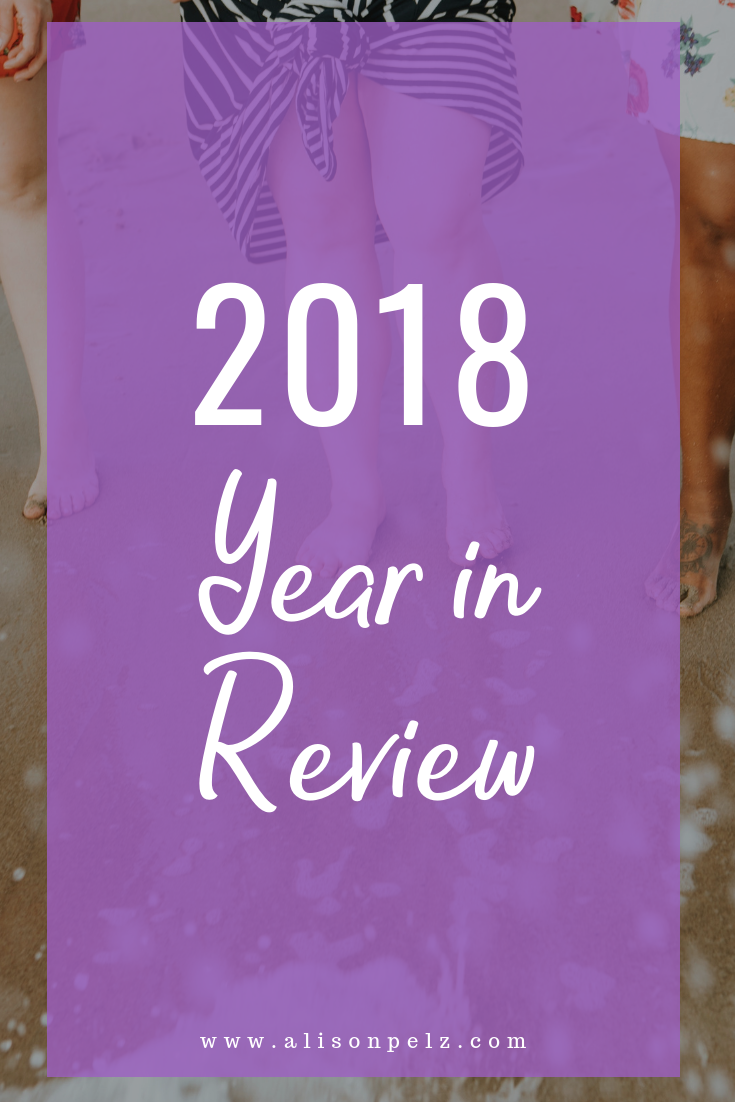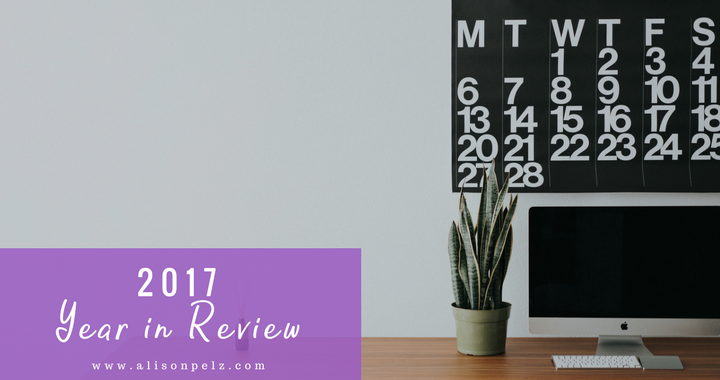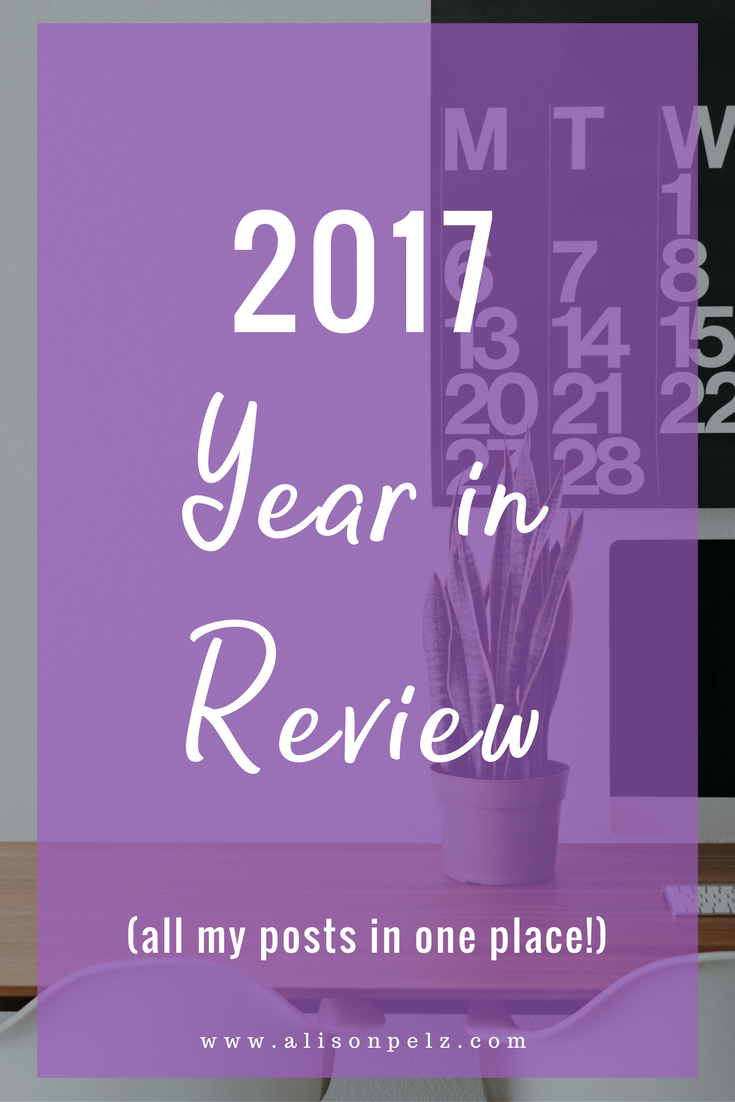As we close the chapter on 2024, we have the opportunity to take a few moments to reflect on the last year of eating disorder recovery & treatment and make note of resources available to us for continuing care in 2025.
As awareness of eating disorders and recovery options continue to grow, families, clinicians, and communities are searching for tools and knowledge that prioritize compassion and effective care. Whether you’re considering levels of care for recovery or exploring family based therapy for eating disorder treatments, these conversations have helped shape a community of care we’re excited to take with us into 2025.
Whether you’re a parent, caregiver, or someone in recovery yourself, there’s so much to be aware of and as we learn more together, we strengthen our communities and our possibility for a thriving recovery.
As we move into 2025, these insights can guide us to approach eating disorder recovery with greater intention. They challenge us to prioritize early intervention, understand diverse diagnoses, and advocate for inclusive and accessible care. Whether you’re navigating recovery personally or supporting a loved one, the lessons of 2024 can serve as a foundation for a hopeful and informed new year.
Stay tuned as we build on this momentum in 2025, continuing to explore the complexities of eating disorders and the paths to healing. Let’s enter the new year with renewed purpose and compassion.
Here’s what I wrote about this year:
When Your Loved One Doesn’t Want to Get Better: Understanding Anosognosia in Anorexia Nervosa
“Anorexia nervosa is an eating disorder characterized by severe food restriction, an intense fear of weight gain, and body image disturbance. Anorexia nervosa affects many individuals of all genders, ages, and identities worldwide.
The consequences of anorexia nervosa can be devastating, both physically and psychologically. However, one of the most challenging aspects of this disorder, particularly for family members and caregivers (and even clinicians!), is the phenomenon known as anosognosia.
What is Anosognosia?
Anosognosia, stemming from the Greek words “nosos” (disease) and “gnosis” (knowledge), refers to a lack of awareness of one’s illness. Anosognosia often can feel and look like denial.
Denial is a defense mechanism and psychological response to avoid dealing with anxiety or other uncomfortable feelings. In contrast, anosognosia in mental health conditions is better described as a lack of awareness of their own condition.”
Understanding ARFID: More Than Picky Eating
“Avoidant/Restrictive Food Intake Disorder is not just a simple case of picky eating; it is a complex psychological condition that can cause significant nutritional and reduced quality of life, particularly if it endures into adulthood.
Unlike other eating disorders that are often driven by concerns about weight and body image, ARFID is characterized by an avoidance of food based on sensory sensitivity, lack of interest in eating, depressed appetite, and/or fear of adverse consequences such as choking, throwing-up, or an allergic reaction.
Individuals grappling with ARFID may face a persistent difficulty when it comes to eating sufficient quantities or varieties of food. This can stem from deep-seated anxiety, gastrointestinal discomfort, or past negative associations with food.”
Book Review: When Your Teen Has an Eating Disorder is a Must-Read
“If you think your child or teen has an eating disorder this is a must read.
Eating disorders can perplex many parents and clinicians alike. Your teen may not be acting like their usual self, and it’s hard to know if this is just normal teenage angst or something more serious. If your teen has an eating disorder, they may have changed greatly right before your eyes: refusing food, feeling anxious around eating, or experiencing changes in mood and energy.
You may have tried several times to talk with them about the importance of eating and try to reassure them that they are not gaining weight. (In fact, they are likely losing weight.) But, your child’s struggles seem to be getting worse not better.
If your teen has not seen a doctor yet about their eating disorder this is the first step to make sure they are medically stable.”
Levels of Care in Eating Disorder Treatment: How to Choose the Right Option
“Levels of care refer to how much support is needed to reduce eating disorder behaviors during treatment. Several levels of care may be utilized throughout treatment for an eating disorder, based on what is necessary for the person in recovery.
Treatment choices can be overwhelming if you or your teen are newly diagnosed with an eating disorder. Residential, day treatment, or outpatient care – what does this all mean?
Levels of care in eating disorder treatment are selected based on many factors including:
- Medical: This often is the driving factor in selecting the level of care. If you or your teen are medically compromised more care may be needed.
- Severity of malnutrition: Different levels of care offer varied amounts of support for nutrition rehabilitation.
- Co-occurring conditions: Often those with eating disorders have other medical or psychological conditions that also need to be treated.
- Social support: Social support improves mental and physical health. The different levels of care offer varying levels of social support.
- “Motivation”: Most of us want to feel better and be healthy. However, change can feel scary, overwhelming and downright impossible at times. Those who feel more stuck in their eating disorder may need more support to feel like change is possible.
- Access to care: Proximity to treatment, insurance, and specialty care are all considerations. Virtual treatment by clinicians and treatment programs are being utilized to increase access to care.”
Treating Anorexia Nervosa in Teens: The 5 Tenets of FBT
“Looking at all of the treatment options for anorexia nervosa in teens may feel daunting.
In this article, the focus is on family-based treatment (FBT), one type of treatment for eating disorders that is used for treating anorexia nervosa in teens. In particular, this article discusses the nuances of family-based treatment, which are referred to as the “Tenets of FBT”.
The focus of FBT is to empower you, the parent, to provide nutrition rehabilitation and restore your child back to health with the guidance of a treatment team. FBT is an outpatient treatment that can be used in place of residential treatment or partial hospitalization if your teen is medically stable. That means your teen can stay at home during treatment.
The tenets of Family-Based Therapy guide me as a clinician, and you as a parent, during eating disorder treatment and recovery. When working with families and teens throughout treatment I refer to these guiding principles frequently.”
Can Family-Based Treatment Help My Child Recover from an Eating Disorder?
“If you are a parent or caregiver, desperate to help your child who is struggling with an eating disorder, family-based treatment may be the solution you are searching for.
Often, families come into my office worried sick about their child.
Their child might have lost a lot of weight or been acting “sneaky” around food. Maybe their child has been over-exercising, using laxatives, or throwing up after eating.
Or, they might be worried because their child only eats a small number of foods, or eats a lot of food at once.
Or maybe your child has become an extremely “picky eater”.
On top of that, parents are often terrified because they have heard doctors mention hospitalization and many therapists have turned them away. When they do research online, things look bleak.
No matter their child’s symptoms, when families first come in they are often frantic, frustrated, and feeling powerless. They don’t know what to do.
If you find yourself in a similar boat today, you’re not alone. I have worked with countless families who walk into my office feeling this way. Sadly, there’s a lot of blame put on the parents. All they want for their child is to get better and live a happy life without the constant obsession with food.”
